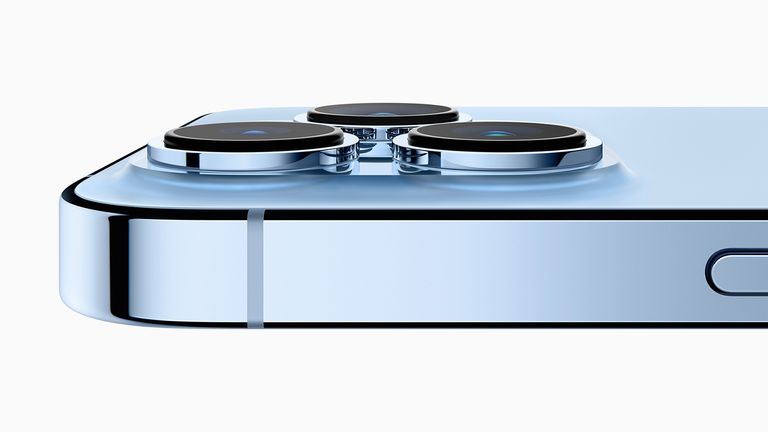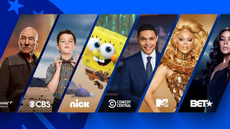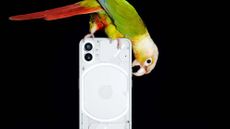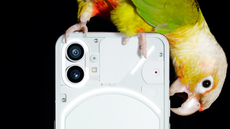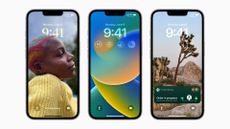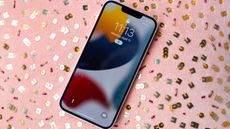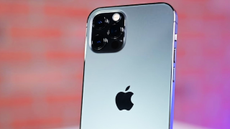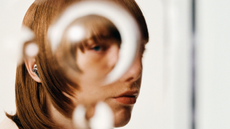Wouldn't it be great if you could buy your next iPhone with magic internet money? Well, that's the vision of US carriers Dish Network and their subsidiary Boost Mobile. Paying for things with money is so 20th Century. It's time to big up the blockchain, clamber aboard the crypto wagon and turn your eyeballs into buy-balls.
Here's Boost CEO Stephen Stokols. "Imagine if you could leverage decentralized financing to get the latest iconic devices."
Leverage decentralised financing to get the latest iconic devices!
And here he is again. "It's time to move beyond the old ways and to embrace proven digital models popular in other industries," he says.
Proven digital models popular in other industries!
Decentralised financing means digital / cryptocurrencies, and proven digital models popular in other industries means paying you to interact with ads. And, let's me tell you, if this is the future of phone contracts I'm going back to smoke signals.
I'm a long-time Apple iPhone user and the idea that I'd pay for my next iPhone and contract by sitting their like a compliant little capitalist consumer, watching adverts, playing games and generally dancing to the beat of my neo capitalist overlord for, literally, cents at a time appals me.

A bad idea with some blockchain buzz
According to CNET (opens in new tab), Boost wants to bring gamification to your phone. By using the BoostOne app to watch ads, play simple games and "engage with Boost partners" you'll be able to earn blockchain-backed digital currency. That currency is called Boost Coins, and each Boost Coin is worth one cent off your phone bill. Watching a several-second advert will earn you two Boost Coins, and there's a Spin To Win wheel that can pay out between five and five hundred coins, potentially winning you as much as five dollars. Boost suggests that you'll also be able to use your Boost Coins to buy a phone and perhaps trade your unused minutes for digital cash too.
According to Stokols, "this represents an exciting new business model". It doesn't. Despite all the talk of blockchain and decentralisation, this is a really old idea that's been around since the early days of online advertising. And the reason why nobody's using it as a mass market business model for selling phones or airtime is because it sucks.
We've had decades of sites promising to pay $$$ for doing nothing, whether that's interacting with ads, uploading your shopping receipts or filling out marketing surveys, and the one thing all of those things have in common is that the payouts are absolutely tiny. Google "how to make money watching ads" or "how to get paid for doing surveys" and you'll see endless examples. But even the very best ones aren't going to give you serious cash, let alone pay for your iPhone 15 Pro. According to Money Saving Expert (opens in new tab), "dedicated survey-stashers can typically make £200 a year in cash and vouchers."
Despite the bold claims of the would-be disrupters, there's no money in online advertising. Actually, let me rephrase that. There is no money in online advertising for us. Sure, you'll be able to make a few dollars watching ads or interacting with brand partners. Your time is money after all. But clearly your time is judged to be not worth very much money. But I better shut up, right, and watch another advert for 2 cents off my phone bill.
